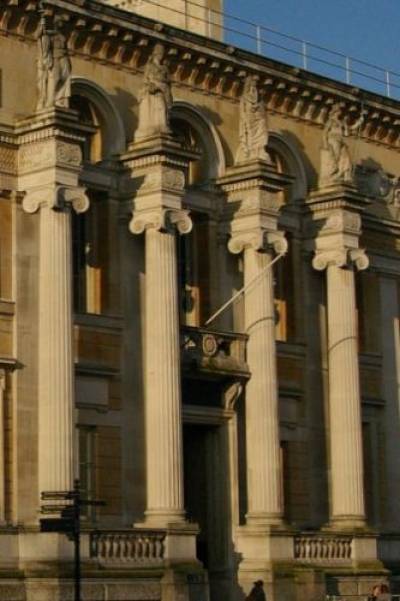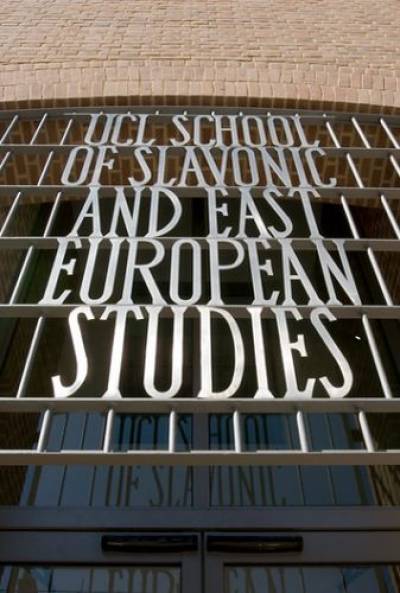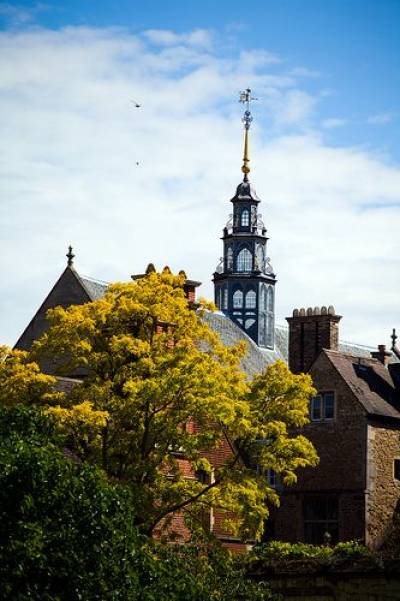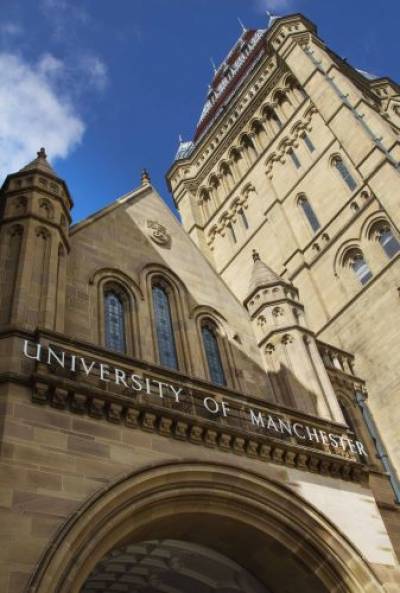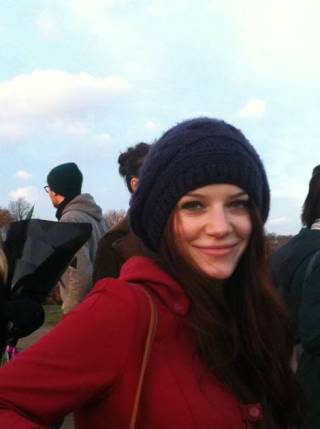
Fathers & Sons? Uncovering cross-generational relations in the Russian art world, 1880-1923
Supervisor: Dr Rosalind Polly Blakesley
My research interests emerged from my undergraduate dissertation on the Siberian painter, Vasily Surikov (1848-1916). I found that this 'old-guard' artist was, to my surprise, enthralled by the artistic developments of modernism and the early avant-garde, and was in turn deeply respected by many progressive young artists. Yet this example of positive exchange between artistic generations does not fit with our current understanding of the art world in late Imperial Russia.
Surikov was a member of a prominent association of realists known as the Peredvizhniki (or Wanderers). Formed in 1870, they were the first artists in Russia to practice their craft free of institutional control. While comparatively unknown in Europe, the Peredvizhniki are celebrated in their homeland as fathers of Russian art.
Yet the Peredvizhniki are widely considered to have declined in the 1890s, ceasing to progress and becoming oppressors of new artistic trends. This view, which effectively casts aside the final three decades of the association's 53-year existence, has much to do with a cult created in the 1930s of the supposedly 'democratic' Peredvizhniki. Within this Stalinist framework, employed for propaganda purposes, any association between them and younger 'decadent' artists of the avant-garde was impossible.
My research reassesses the assumption of generational rupture. This challenges the notion of linearity in Russia's artistic evolution, according to which one avant-garde replaces an established order and young artists supplant the old. How did different generations engage with one another? Did 'artistic generations' even exist? How, as professors at great institutions of art instruction, did the Peredvizhniki shape the training of future generations? And how did socialising between young and old affect artistic development? I believe a generational approach has the potential to dramatically reconfigure how we see the evolution of art in Russia - affecting not only our understanding of the Peredvizhnik legacy, but also the development of Russia's renowned avant-garde.
Contact: is386@cam.ac.uk
 Close
Close







